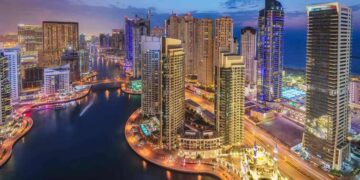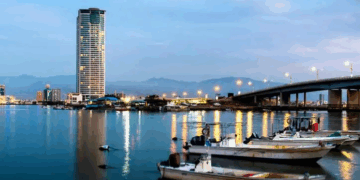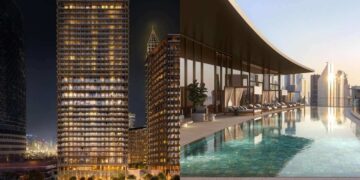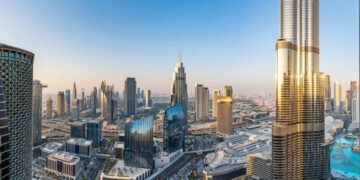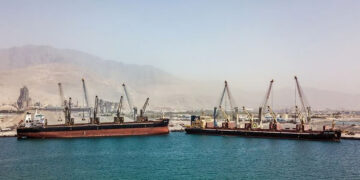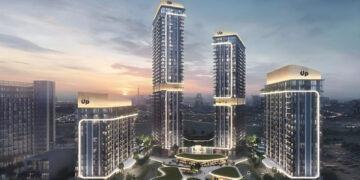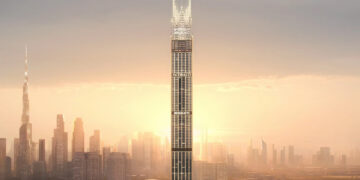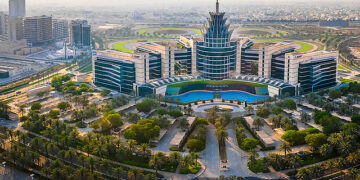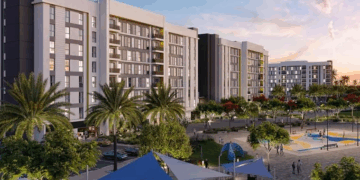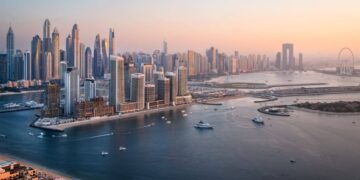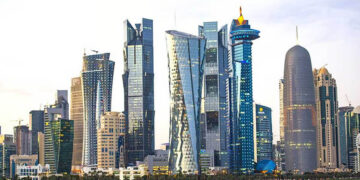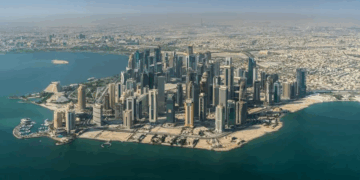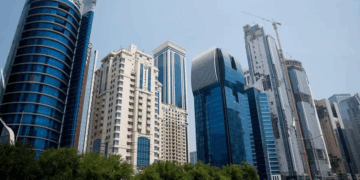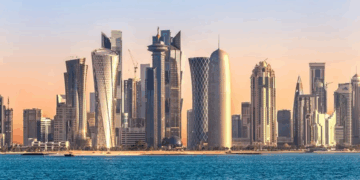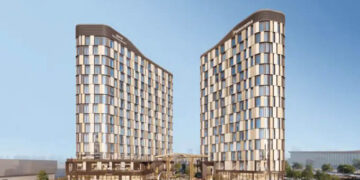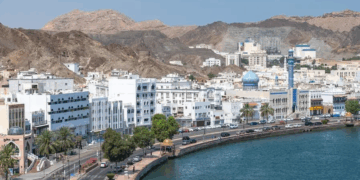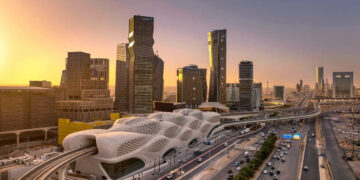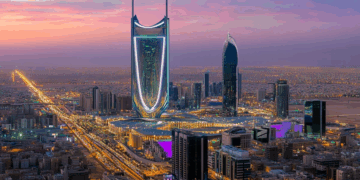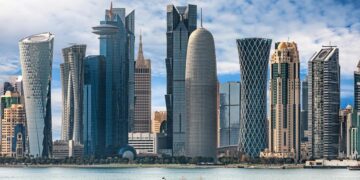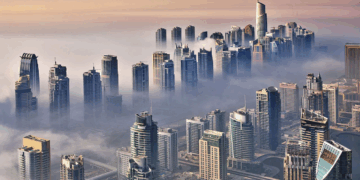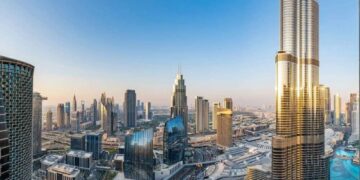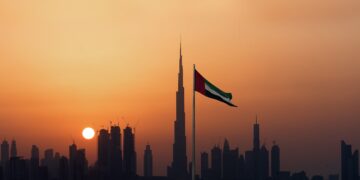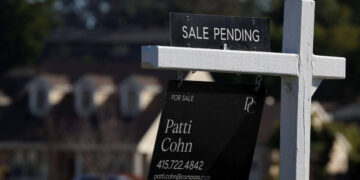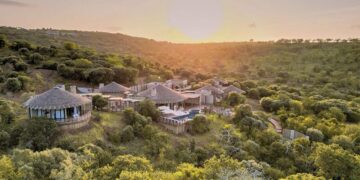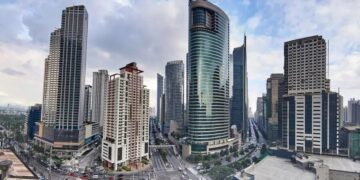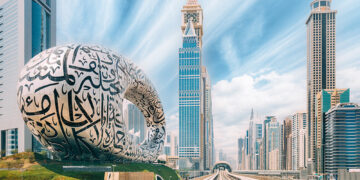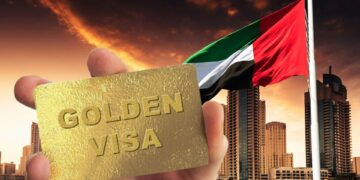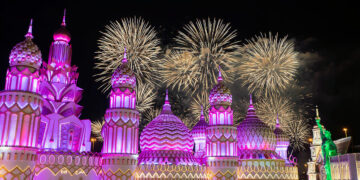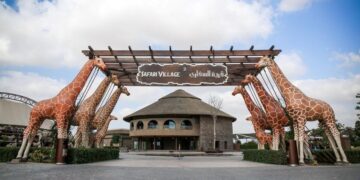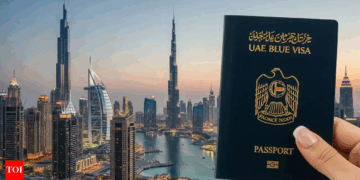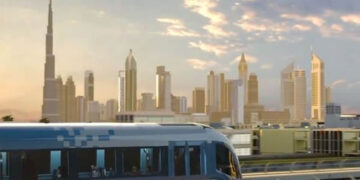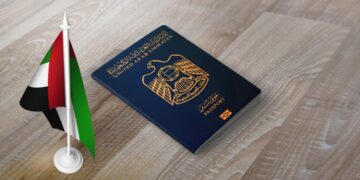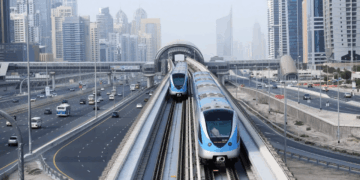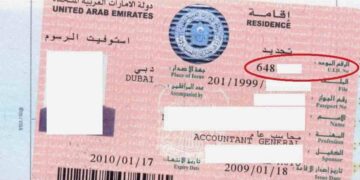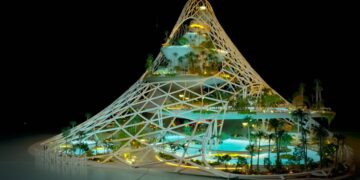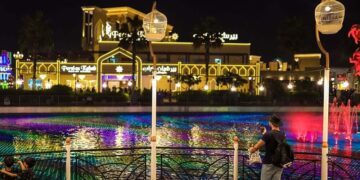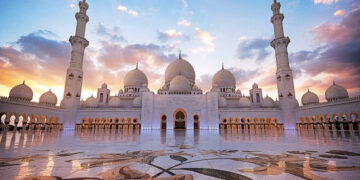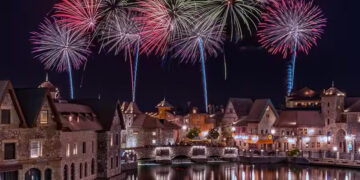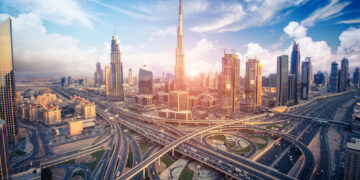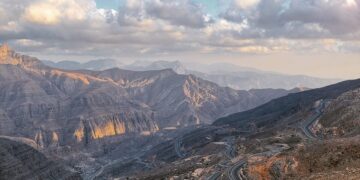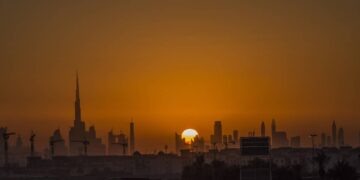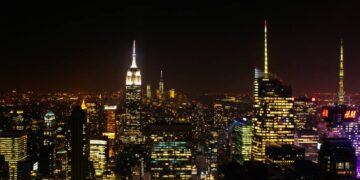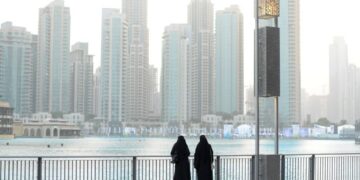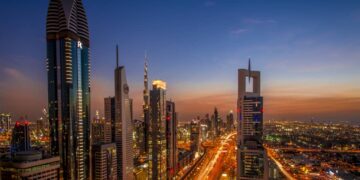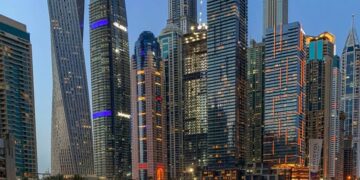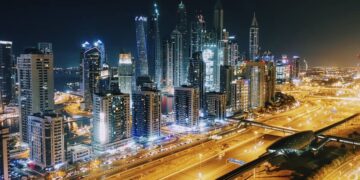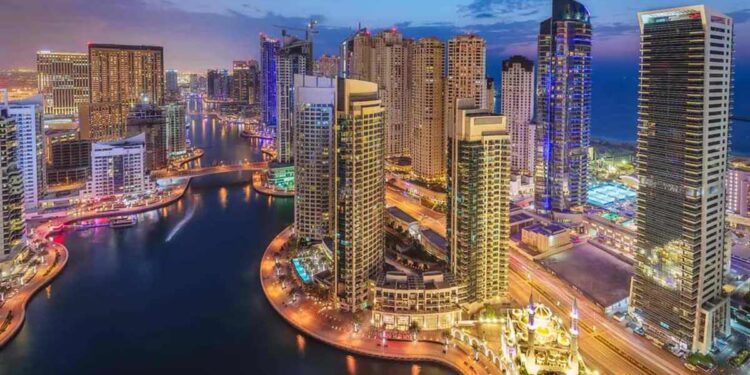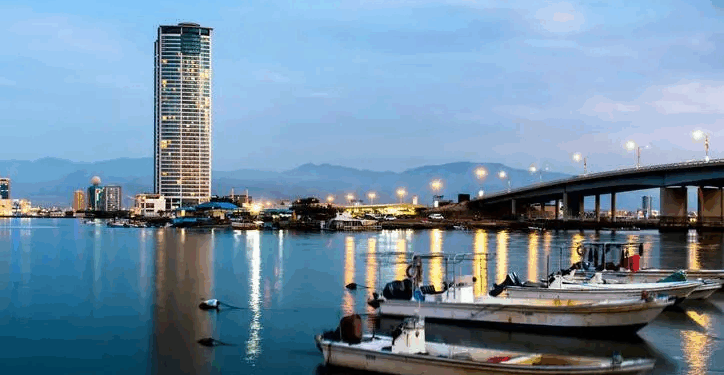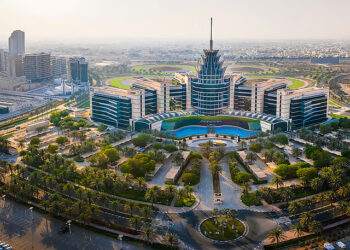Dubai’s division announced today that it had recorded more than AUD 4.788 billion (US$1.3 billion) in real estate transactions on Thursday. This impressive character shows the growth of Dubai’s real estate market and the appeal of investors gathering in the city to benefit from first-class business offers and investment opportunities.
In a recently published market report, Engel & Völkers Middle East has confirmed another open quarter for Dubai’s real estate sector. Residential real estate sales increased 22.4% compared to the previous year, with a total selling of 29.6%. This is due to strong investors’ moods, population growth and constant flow of global capital to the Emirates. Commercial real estate sales increased by 18.2%, while the total transaction amount increased by 29.5%.
Despite the usual seasonal ideas of the fourth quarter, the living market in Dubai has grown widely. Non-plan sales increased 23.9%, secondary transactions increased 20.3%, with demand at both ends of the price range.
Apartments dominate transactions
Dubai apartments remained the dominant real estate type, earning 76% of all housing transactions. Jumeirah Village Circle has demonstrated leadership in both off-plan and resale home sales sales, supported by attractive prices, strong rental income and proximity to the main network on Main Street.
Secondary market dynamics also show that investors and end users were looking for connectivity, proximity to amenities and permanent rent in key areas of Business Bay, Dubai Marina and Downtown Dubai.
In the first quarter of 2025, the Villa segment was also a clear growth point, with transactions rising 80.6% compared to the previous year. This increase was driven primarily by off-plan activities in aspiring communities planned for champions such as Valley, Emal South and the Damac Islands. The total transaction value of the villa increased by 55.1%. This shows the preference for more affordable family-friendly apartments in recent developments on the edge of Dubai.
“In the face of global economic uncertainty, Dubai’s real estate market continues to show excellent fundamentals, with cross-sector growth and compelling returns for investors. Demand is being fuelled not just by regional wealth and migration, but by strategic policy, infrastructure investment, and the city’s global positioning as a future-forward hub for living and business,” said Daniel Hadi, CEO of Engel & Völkers Middle East.
Luxury and ultra-luxury segments continue to show strong momentum.
Dubai maintained momentum. AEDs, which exceeded AEDs, rose 29% compared to the first quarter of 2024, and now they’re up 185% compared to the first quarter of 2022. Palm Jumeirah and the rapidly emerging Palm Jebel Ali accounted for 31% of AED 10 million, supported by demand for Ultra Luxury and waterfront villas.
Notable stores included AED 425 million sales at the Marble Palace in Emirates Hills and AED 115 million villas in Palm Jumeirah City.
Dubai continues to establish itself as a major global goal for highly networked individuals. According to Henley & Partners, the number of local billionaires has increased by more than 100% over the past decade, with VAEs 2023 and 2024 attracting more HNWIs than any other country. Today, Dubai is home to more than 81,000 millionaires, 237 centi-millionaires and over 20 billionaires, which could rise as real substance in the world, resulting in a steady increase in damage along the way.
Major infrastructure investments set to enhance Dubai’s appeal to investors and residents.
The latest infrastructure announcements, including the acceleration of the Etihad Railway Project, the introduction of the Dubai Loop System and the improvement of strategic roads in the central business zone, are aimed at further strengthening the city’s competitive advantage and driving the growth of the real estate market.
Additionally, key commercial projects, such as the 5 billion renovations of the Emirates Shopping Centre in the first quarter of 2025, demonstrate strong trust from Dubais’ top developers in the long-term resistance of the city’s retail and consumer sector.
As Dubai continues to attract global investors, business leaders, and new residents, Engel & Völkers remains optimistic about the outlook for the remainder of 2025. “From prime residential to commercial real estate, Dubai is increasingly seen as a safe haven for capital and a high-performance market that rewards long-term vision,” Hadi added.
